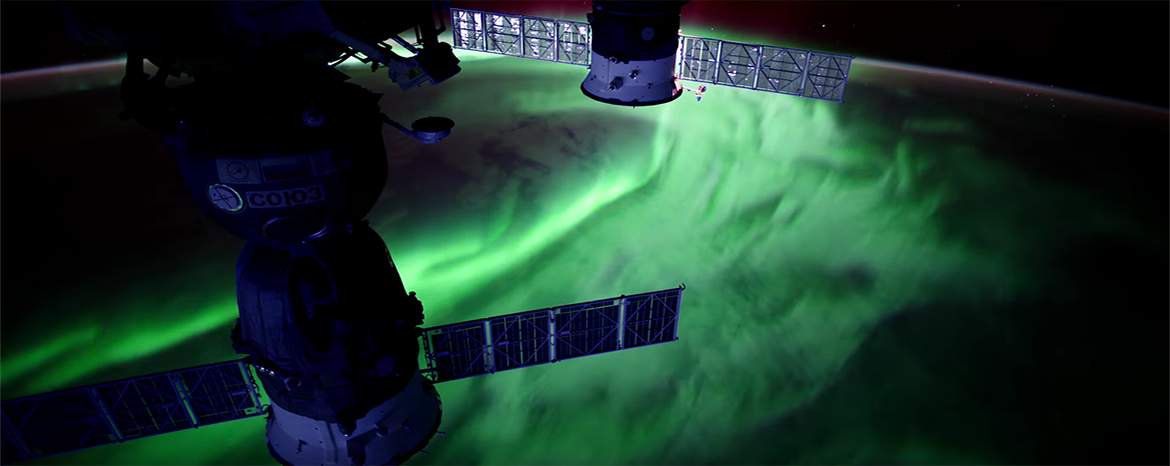K-State professor protects farming productivity through his role on the Space Weather Advisory Group.
Though they are 12,000 miles apart, outer space and global agriculture are closely intertwined.
Just like on Earth, space experiences destructive storms, putting vital GPS systems in jeopardy. Not only is farming impacted by downed GPS satellites, but construction, drilling and mining are also affected. Many high-tech heavy machineries rely heavily on GPS systems, and when they’re affected, productivity takes a substantial hit.
A Kansas State University professor is playing an important role in keeping satellites running and shaping our nation’s preparedness against space weather events.
Terry Griffin, professor of agricultural economics and a precision agriculture economist, has been appointed to the second cohort of the Space Weather Advisory Group, a crucial advisory body for the White House Subcommittee on Space Weather Operations, Research and Mitigation.
Griffin’s impactful research on solar storm effects on precision agriculture includes his work on the Gannon Storm in May 2024, which occurred while many producers were planting corn. Midwestern farms were particularly susceptible to GPS signal degradation, which hindered the accuracy of precision agriculture technologies.
“Currently, about 70% of planted acres in the United States rely on equipment that uses GPS-automated guidance to make straight, parallel lines through the field,” Griffin said. “We no longer exclusively use physical row markers, and the equipment is getting bigger to the point that we can no longer operate when the GPS is taken away. Not all farms were affected, but those that were lost on average about $17,000 per farm. It’s not catastrophic, but they’ll miss it.”
Farmers juggle many factors throughout the season and are beginning to rely on GPS systems for increased efficiency. With limited time windows for planting and harvesting due to weather and temperature fluctuations, it’s essential that machinery and gadgets are always in peak working condition. To ensure the highest yield and success rates, farmers cannot afford detrimental damage to GPS or other satellite navigation systems.
Griffin and his colleagues at SWAG are preparing the agricultural community for the unpredictable. Storms – whether in space or on Earth — are not controllable, but the preventative research and measures we use can dampen destruction.
By Kate Ellwood



